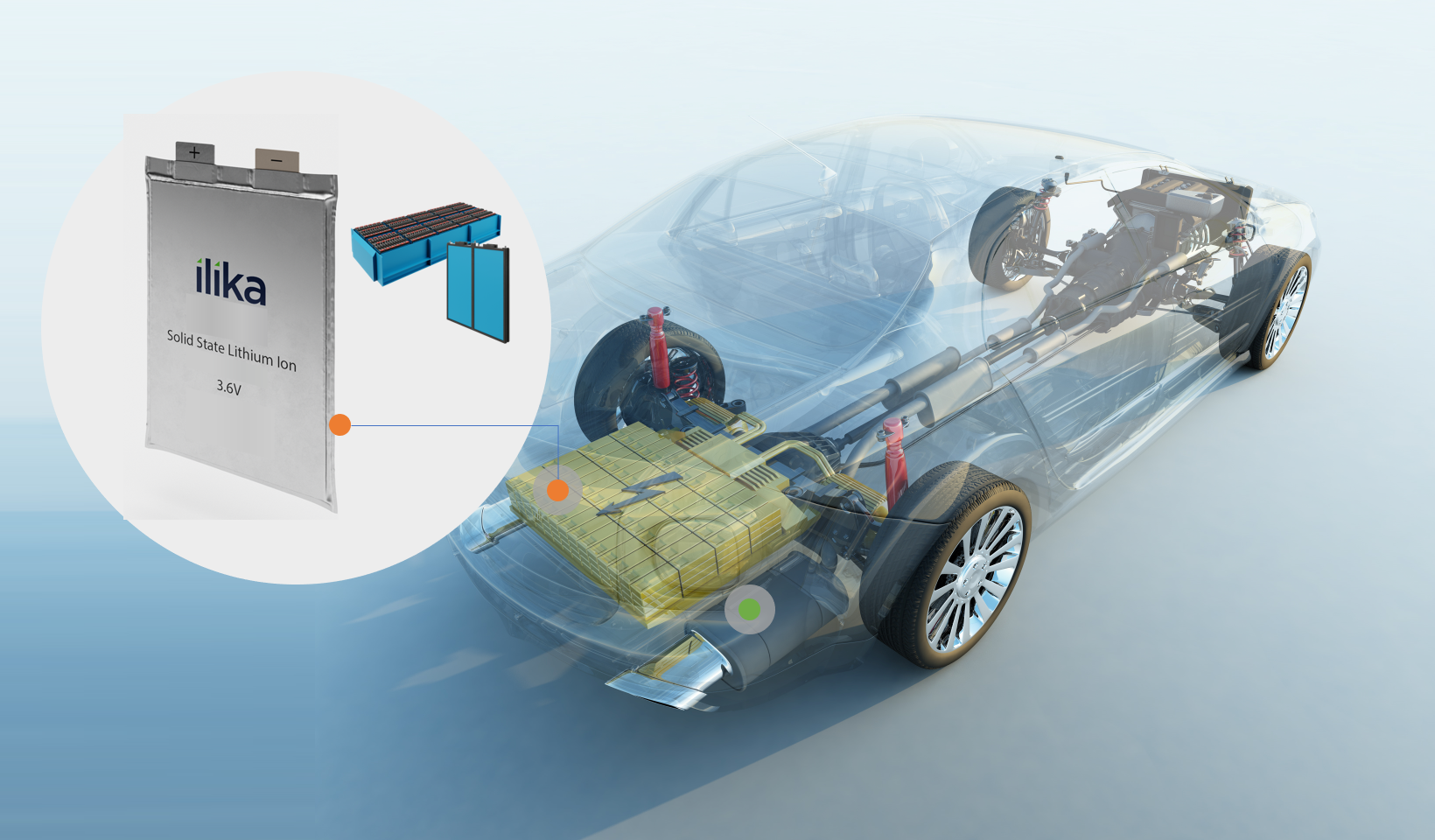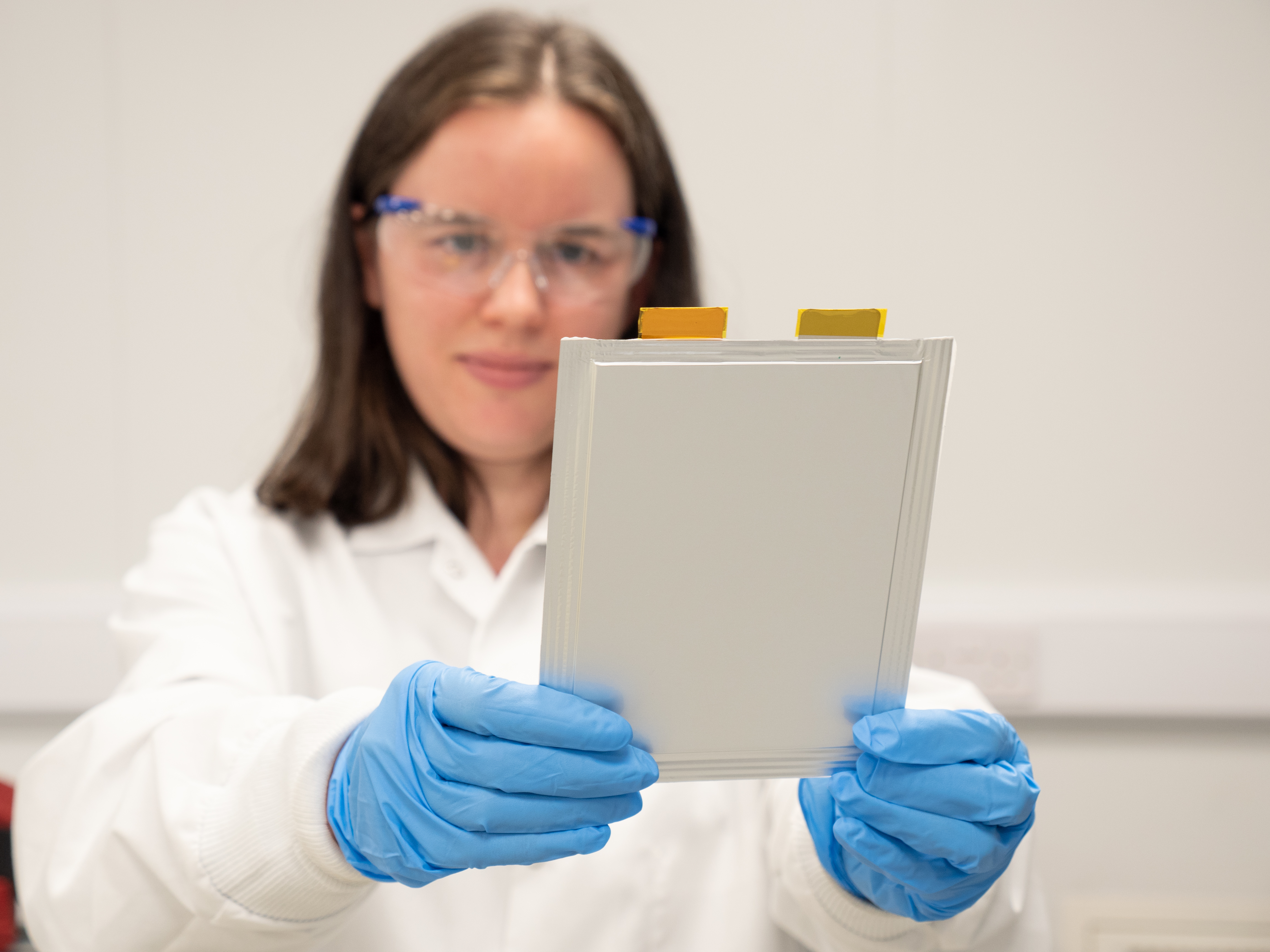From Electric Vehicles to Cordless Domestic Appliances – the Evolving Opportunity for Solid State Batteries
Posted on: in Blog
In the race to tackle climate change, the move from petrol and diesel to electric cars has meant huge investment in battery development. Whilst originally targeting automotive, this new battery technology isn’t limited to the EV market and could benefit other markets where similar gains in performance are welcome (reduction in battery size for cordless domestic appliances) if not critical and enabling (new transportation, eVTOLs etc). These other markets are not only benefiting from the advances of battery technology in the EV market but also the timing – electric vehicles need to be mainstream in order to adhere to the global pact to combat climate change as signed in the Paris Agreement.
In most countries, cars are the largest emitter of greenhouse gas emissions and in the UK they contributed to 55% of domestic transport emissions in 2018. Other countries will have similar story to tell, which is why as part of the global effort to combat climate change, automotive manufacturers have been working hard to produce electric vehicles that will encourage the consumer to switch. The pressure is on because country heads have signed up to this agreement and are committed to reducing CO2 emissions. On 1 January 2020 the UK Government introduced new regulations with CO2 emission reduction targets for new cars of 15% by 2025 and 37.5% by 2030. Non-compliance could result in fines for manufacturers.
A key challenge in the electrification of vehicles is improving battery technology. Range anxiety remains a consumer concern but making a battery bigger to increase range, results in a battery too heavy to use. However, whilst there are challenges, the number of battery electric vehicles (BEVs) is set to increase. Based on July 2020 figures, the Society of Motor Manufacturers and Traders (SMMT) predict BEV registrations in 2023 will rise 34.1% on 2022 outlook, increasing market share to 16.2%.

As pioneers of solid state battery technology, Ilika started developing its Goliath programme for pouch cells for the electric vehicle market in 2018 and have received £5m funding from the UK Government’s Faraday Battery Challenge to initiate its R&D program. To increase range it is necessary to increase the battery’s energy density. Whilst lithium ion batteries (LIB) pouch cells are expected to reach a plateau of 300-350 Wh/kg (despite improvement in packaging and the use of more Ni-rich cathodes), solid state batteries could reach energy density of more than 400 Wh/kg.
Goliath solid state batteries are aiming to yield the following benefits:
- All solid state construction
- Eco-friendly and safe
- Fast charge
- High energy density per mass and volume
- High cycle count
- Low self-discharge

In addition, as solid state batteries don’t have to use significant packaging to retain a liquid electrolyte, they have more flexibility in terms of size and shape than lithium ion batteries, making them a potential power solution for other markets. At Ilika, our Goliath solid state battery technology is not limited to electric vehicles but also has the potential to provide other markets with superior power performance. A battery with higher energy density means a smaller battery or a battery of the same size with more power and enabling more functionality. Several devices in the consumer electronic markets could do with being smaller (wireless headphone) or more powerful (cordless vacuum cleaners).

In terms of cell price, the EV market has pulled the price of LIB cells down drastically to the extent that cells are now available at <$100/kWh although the industry average is more $115-120. For a 50 kWh EV this represents $5k in cells only, which is why adoption has been mainly limited to smaller engine sizes or high-end vehicles before now. In general, it is often difficult for new technologies to be deployed with superior performance AND lower price, especially in the early days of deployment when volume manufacturing has not reached its full potential and is not gaining from economy of scale. Although price parity has been projected eventually, it is unlikely to happen in this decade.
All battery technologies become more sluggish the lower the temperature (laws of physics) but an advantage with solid state batteries is that the electrolyte does not become viscous and potentially freeze. The smaller sensitivity of SSB to high temperatures (compared to LIB where interface stability increases with temperature for liquid electrolyte) would need a less sophisticated thermal management system, hence improving total energy density.
We are currently developing Ilika’s Goliath solid state batteries in 2 formats – one for electric vehicles and one for cordless domestic appliances – and have the benefits required by these various markets, offering a superior power source. Whilst we are going through the early stages of R&D, we are working with OEMs willing to engage with us at an early stage to guide our development, either through direct engagement or via funded grants. If you’re interested in joining our development ecosystem contact us now at info@ilika.com
